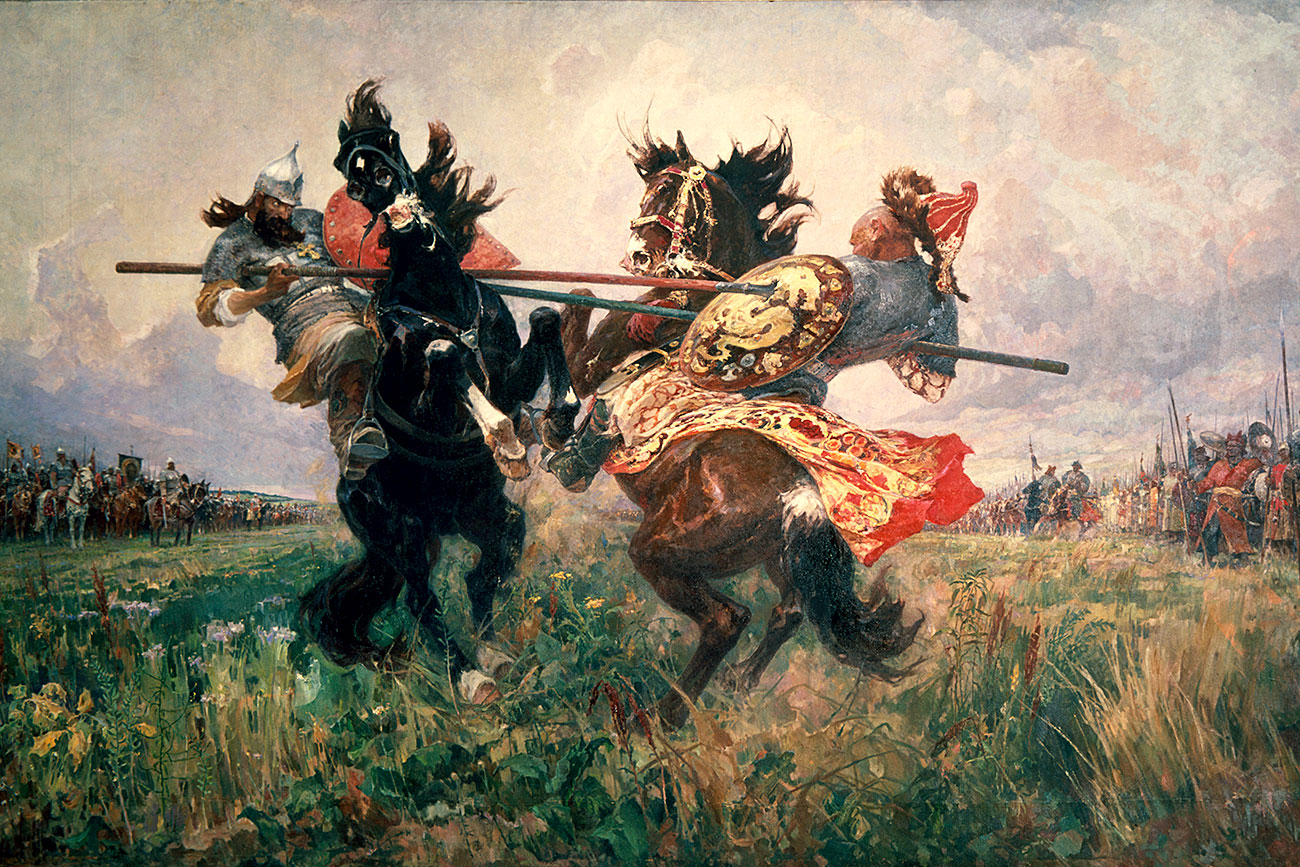The Russian Nation Lev Gumilev
The ideas of the Soviet historian are influencing a new generation of hardliners

La Unió de Repúbliques Socialistes Soviètiques, abreujat Unió Soviètica, i en sigles, URSS (en rus: Союз Советских Социалистических Республик, transcrit: Soiuz Sovétskikh Sotsialistítxeskikh Respúblik AFI /sɐˈjus …


Russian culture has a long history. Russia claimed a long tradition of dividend in many aspects of the arts, especially when it comes to literature, philosophy, classical music, ballet, architecture, painting, cinema, animation and politics, which all had considerable influence on world culture.
Eurasianism (Russian: Евразийство, Yevraziystvo) is a political movement in Russia, formerly within the primarily Russian émigré community, [citation needed] that posits that Russian civilisation does not belong in the “European” or “Asian” categories but instead to the geopolitical concept of Eurasia.


Stalin was responsible transforming the Soviet Union from an agricultural nation into a global superpower and did not see the elimination of millions of lives as an impediment to the achievement of this goal.
JSTOR is a digital library of academic journals, books, and primary sources.
About this collection the publisher tells us this: The notion of the deification of the human person (theosis, theopoièsis, deificatio) was one of the most fundamental themes of Christian theology in its first centuries, especially in the Greek world.
The ideas of the Soviet historian are influencing a new generation of hardliners




Eurasianism (Russian: Евразийство, Yevraziystvo) is a political movement in Russia, formerly within the primarily Russian émigré community, [citation needed] that posits that Russian civilisation does not belong in the “European” or “Asian” categories but instead to the geopolitical concept of Eurasia.

Writing for White Russian émigrés in the 1920s and 1930s, Ivan Ilyin provided a metaphysical and moral justification for political totalitarianism, which he expressed in practical outlines for a fascist state.